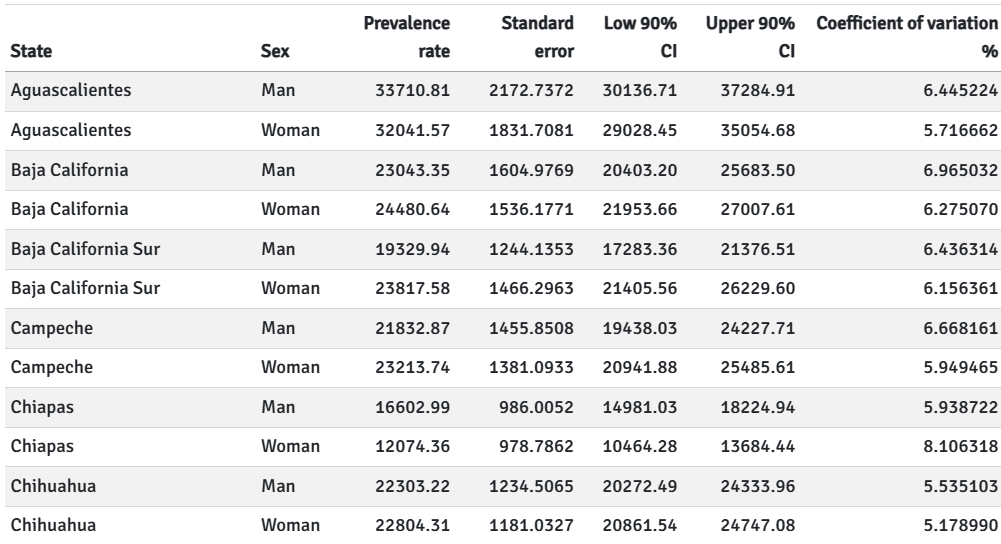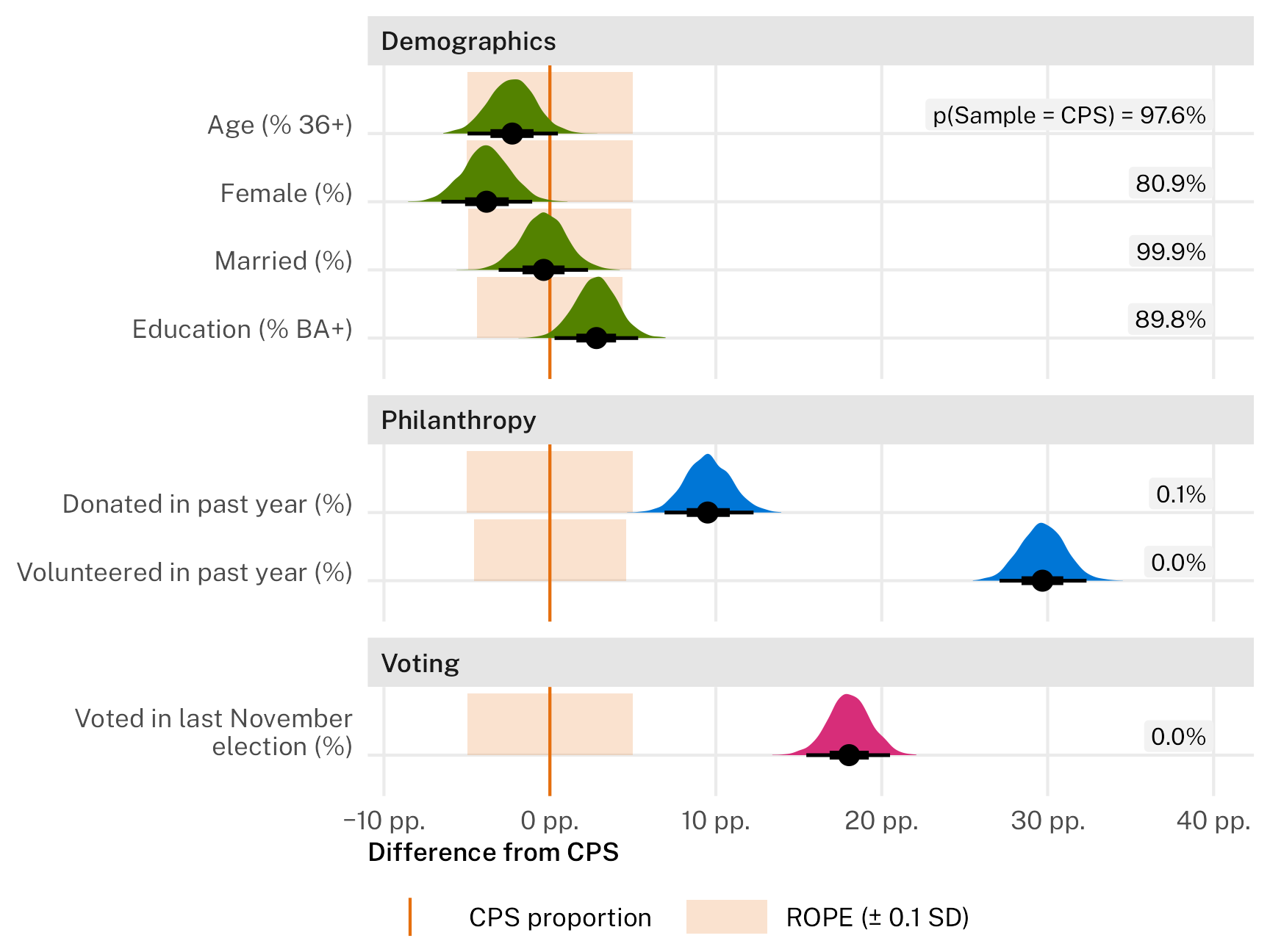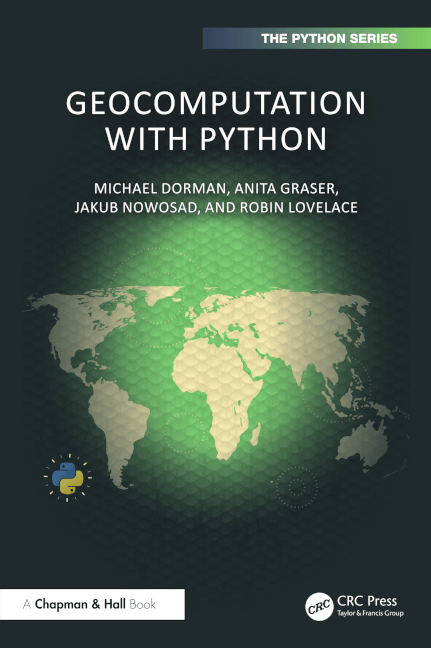
Edit February 12, 2025: Added R-Flo, Flux, Unbound Potential What is this, two blogposts in one day? My buddy Andrew Wang and I compiled this list of flow battery and related companies over the last few years, now making it public in the hopes of potentially integrating it with FBRC one day.





